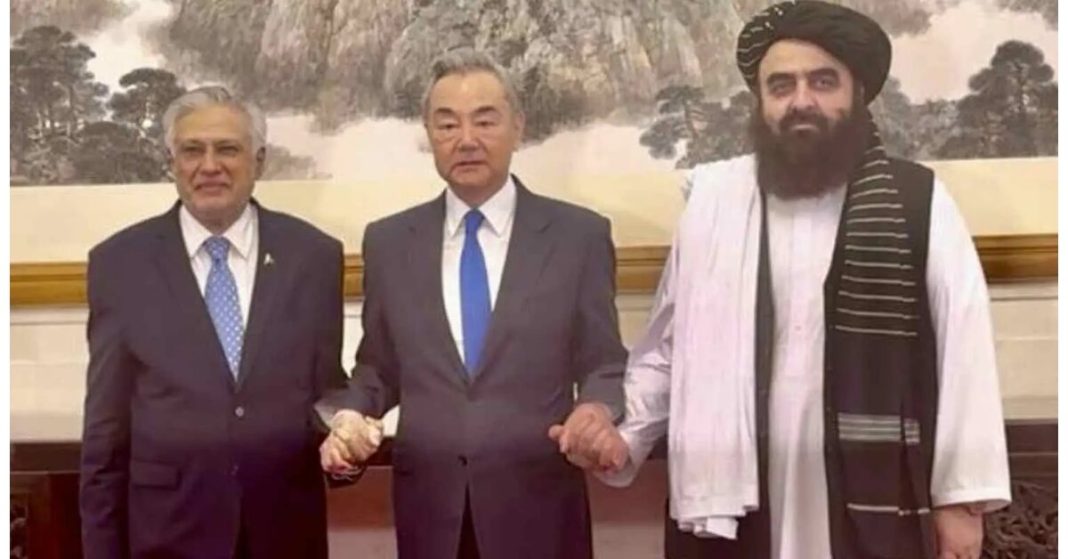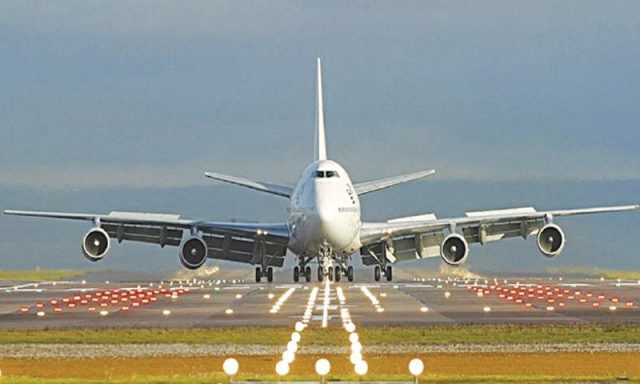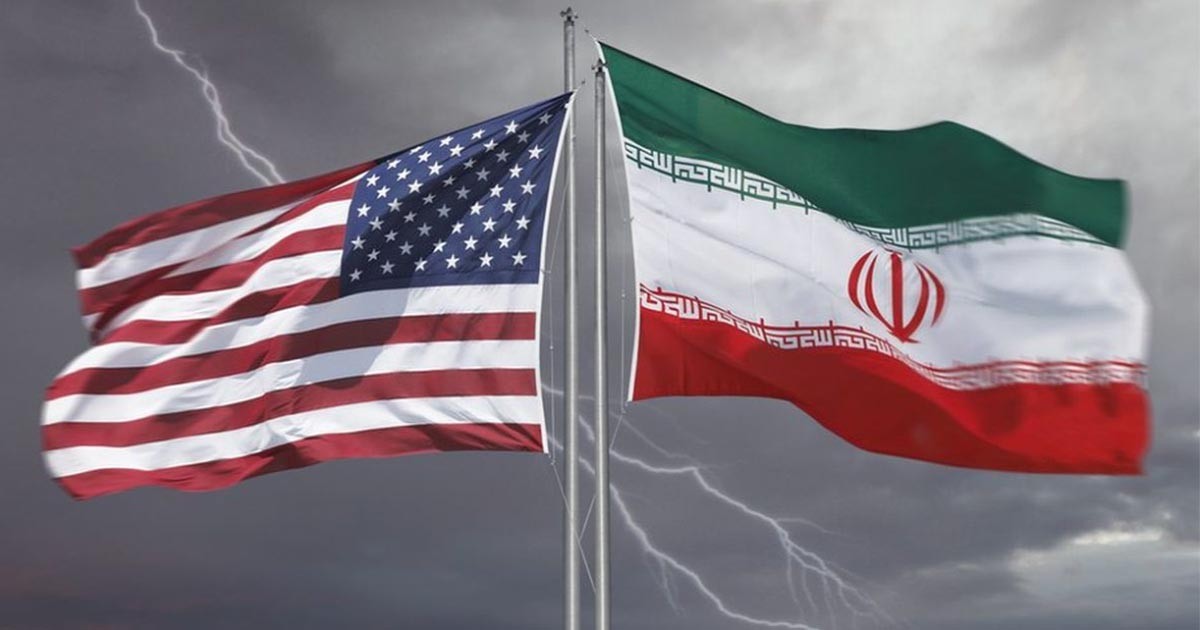China is concerned about recent clashes between Pakistan and Afghanistan and has asked the two countries to protect its nationals and investments in the region, Beijing’s foreign ministry said on Monday.
Dozens of fighters were killed in overnight border clashes between Pakistan and Afghanistan, both sides said on Sunday, in the most serious fighting between the neighbours since the Taliban came to power in Kabul.
China shares a border with Afghanistan and Pakistan in its western region and has sought to play a mediating role in calming hostilities between the two sides, who were allies until recently.
“China is willing to continue to play a constructive role in improving and developing Pakistan-Afghanistan relations,” foreign ministry spokesperson Lin Jian said during a regular press briefing.
China, he added, “sincerely hopes that both sides will focus on the broader picture, remain calm and restrained, adhere to resolving mutual concerns through dialogue and consultation, avoid escalating conflicts, and jointly maintain peace and stability in both countries and the region,” according to Beijing-based Global Times.
Lin said China “is willing to continue playing a constructive role in improving and developing Pakistan-Afghanistan relations.”
Amir Khan Muttaqi, Foreign Minister of the Islamic Emirate of Afghanistan, stated that following Pakistan’s attack, the forces of the Islamic Emirate conducted operations and successfully achieved their objectives.
In an interview with Indian media, he added that these… pic.twitter.com/sdH3HR6kgz
— TOLOnews English (@TOLONewsEnglish) October 13, 2025
In August, China’s Foreign Minister Wang Yi attended a meeting with Pakistani and Afghan counterparts in Kabul, calling for strengthening exchanges at all levels.
Read more: Seven Policemen Martyred as Militants Live-Stream Attack on DI Khan Police Training Center
In an informal trilateral meeting weeks earlier, hosted by Beijing, China said Kabul and Islamabad had agreed to upgrade their diplomatic ties.
Pakistan Launches Airstrikes Targeting TTP Militants
The latest border skirmishes between Afghanistan and Pakistan started on October 9, 2025, after a series of violent terror attacks by the TTP on Pakistan’s armed forces. On October 9, 2025, Pakistan’s Air Force (PAF) conducted a series of overnight airstrikes at multiple locations in Afghanistan’s eastern provinces, Khost, Paktika, Nangarhar, Kunar, and in the capital Kabul, claiming to target TTP commander Noor Wali Mehsud and other militants.
Explosions were also reported in Kabul markets. On October 10, Pakistan continued attacking various locations in Afghanistan, forcing the Taliban to strengthen its border positions with tank and heavy weaponry in Kunar. Exchange of fire began sporadically between the forces of the two countries along the Durand Line.
Taliban Retaliates With Cross-Border Strikes
Clashes occurred during the visit of Afghan Foreign Minister Aamir Khan Muttaki. India. On October 11, the Taliban launched retaliatory strikes on more than seven locations along the Pak-Afghan border, including Helmand, Nangarhar, Paktika, and Khost provinces. Pakistani forces immediately responded with artillery, tanks, jets, light and heavy weaponry. Intense fighting between the two forces continued for hours before the Taliban announced an official ceasefire by midnight.
Both sides claimed to have inflicted heavy losses on each other. Pakistan rejected the calls for a ceasefire by the Taliban five times before the mediation from Qatar, Saudi Arabia, and the UAE.
Pakistan also closed its border crossings at Torkham, Chaman, and Spin Baldak. As of October 13, low-intensity skirmishes persist sporadically along the borderline. Taliban has deployed more forces to Kunar, Bajor. Pakistan is also heavily monitoring the TTP activities in the region. Iran has warned of a regional spillover, while Saudi Arabia has urged both countries to settle their matter through dialogue and reconciliation. The Taliban has cancelled the Pakistani delegation’s visit over border violations to Afghanistan.
With Additional Inputs from GVS South Asia Desk














